Research & Publications
Literature Reviews
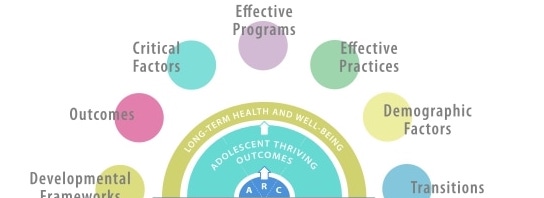
Youth Who Thrive
A summary of critical factors and effective programs for 12-25 year olds, commissioned by the YMCA of Greater Toronto, United Way Toronto and the Ontario Ministry of Children and Youth Services.

Youth engagement and health outcomes: Is there a link?
The "Youth Engagement" project investigates how meaningful participation in structured activities affects the health and development of young people aged 12 to 19. By exploring various forms of engagement, such as community service, arts, and sports, the project aims to highlight the connection between active involvement and positive health outcomes, emphasizing the importance of both personal fulfillment and community contribution for youth development.
Articles and Reports
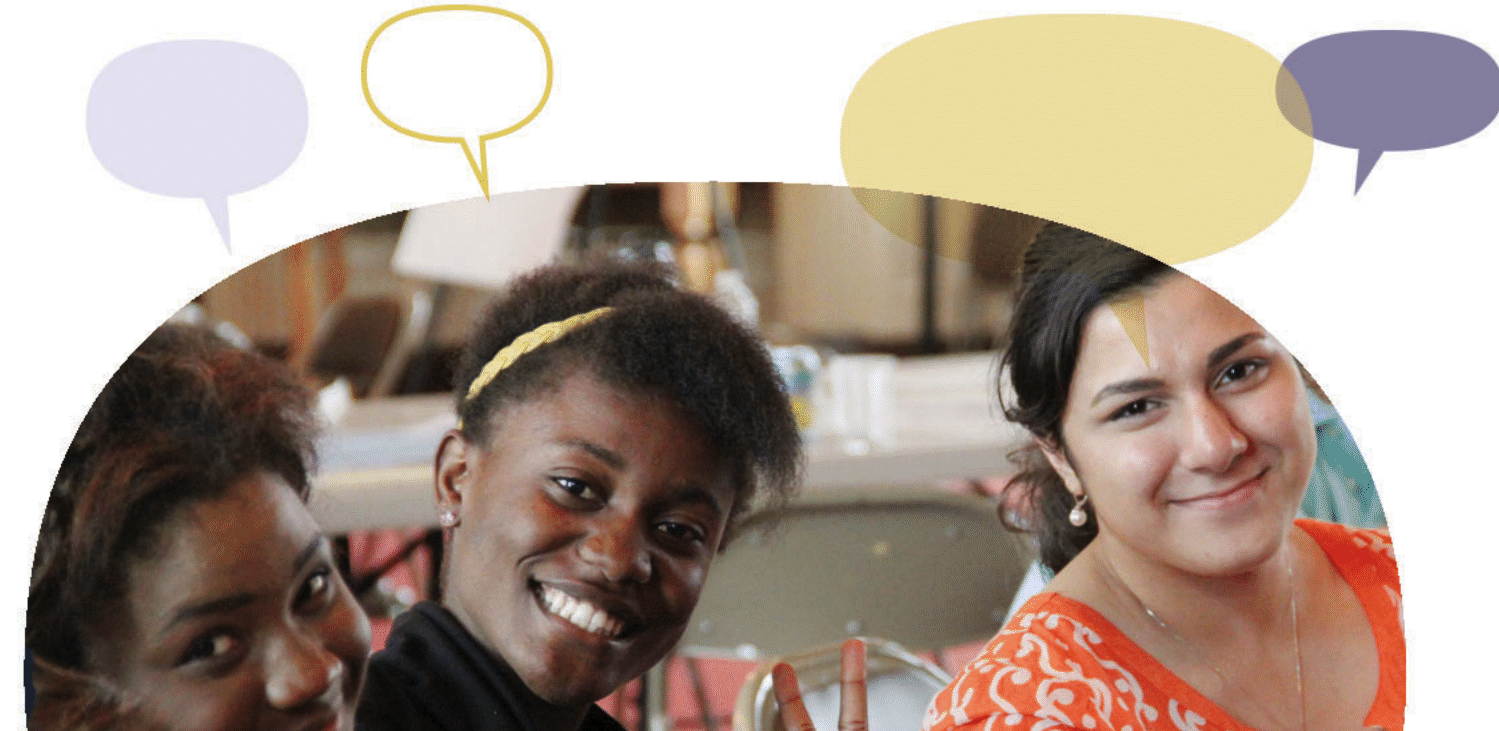
Youth Engagement and Mental Health
This project examines the relationship between youth engagement and mental health among LGBTQ and non-LGBTQ youth. Early findings from 135 participants indicate that both groups have similar mental health knowledge, but LGBTQ youth experience higher rates of emotional and psychological issues and lower emotional well-being. The study also finds no significant differences in how safe and respected youth feel in programs. These results highlight the critical need for increased support for LGBTQ youth to improve their mental health outcomes.
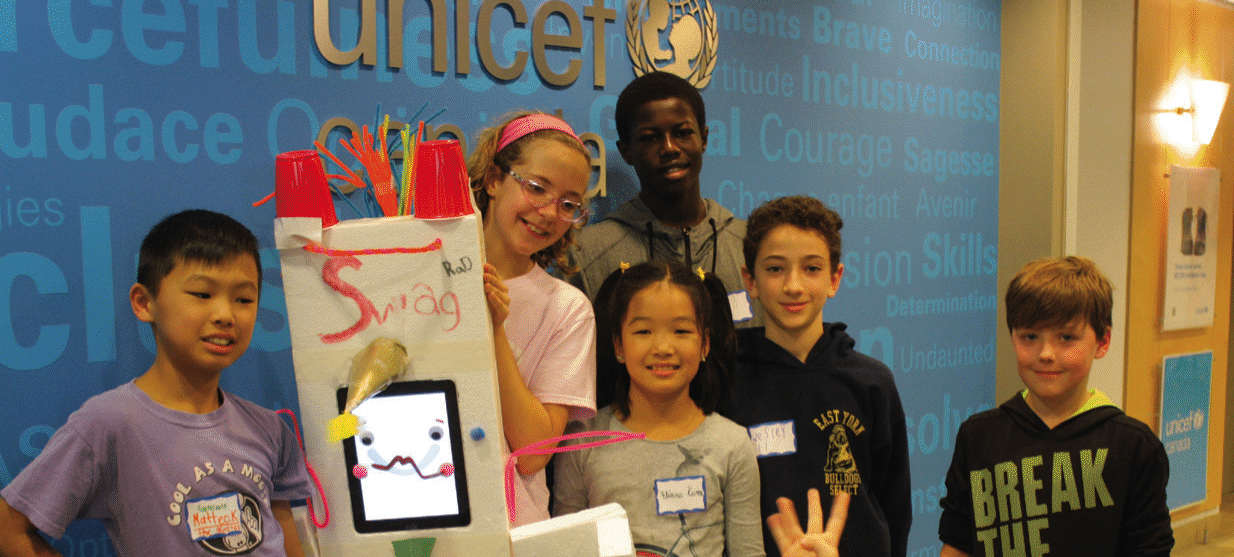
Young People Define Well Being
UNICEF Canada collaborates with the Students Commission of Canada to elevate youth voices and improve child rights in Canada. This Working Paper, based on youth discussions, informs strategies for measuring and advancing youth well-being. The partnership aims to enhance youth engagement and influence policies, ensuring all children have opportunities to thrive.

Youth Adult Partnerships in Decision-Making
This article explores youth-adult partnerships through five sections by different authors, showcasing their implementation in various environments and identifying effective collaboration strategies. It challenges negative stereotypes of adolescence, promoting the idea that youth are valuable contributors to society. By emphasizing shared decision-making, the article highlights benefits for both youth and adults, such as enhanced skills and inclusive policies, while offering foundational strategies to sustain meaningful partnerships that drive community change.
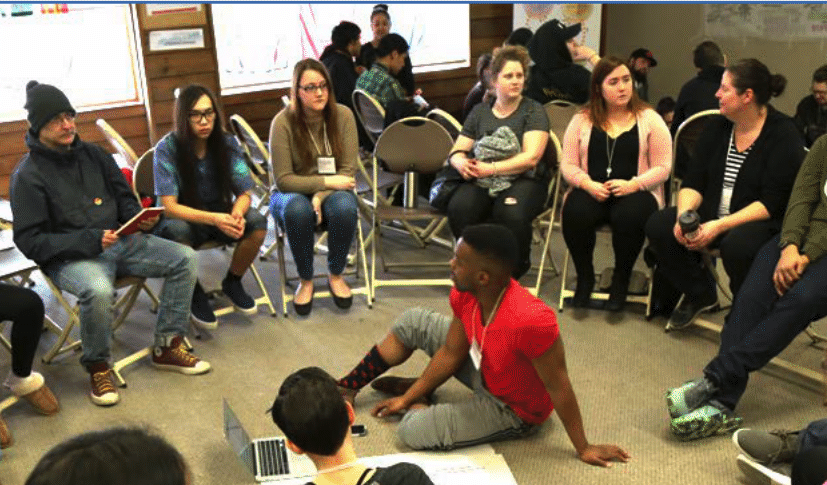
Enhancing Governance and Decision Making at the Students Commission of Canada
This study explores strategies to enhance governance and decision-making at the Students Commission of Canada (SCC), a nonprofit organization empowering youth. Through organizational action research with participants, the findings emphasize the importance of adaptable governance structures that involve diverse stakeholders. The study recommends a modern governance model to improve collaboration among youth, staff, board members, and external partners in decision-making processes.
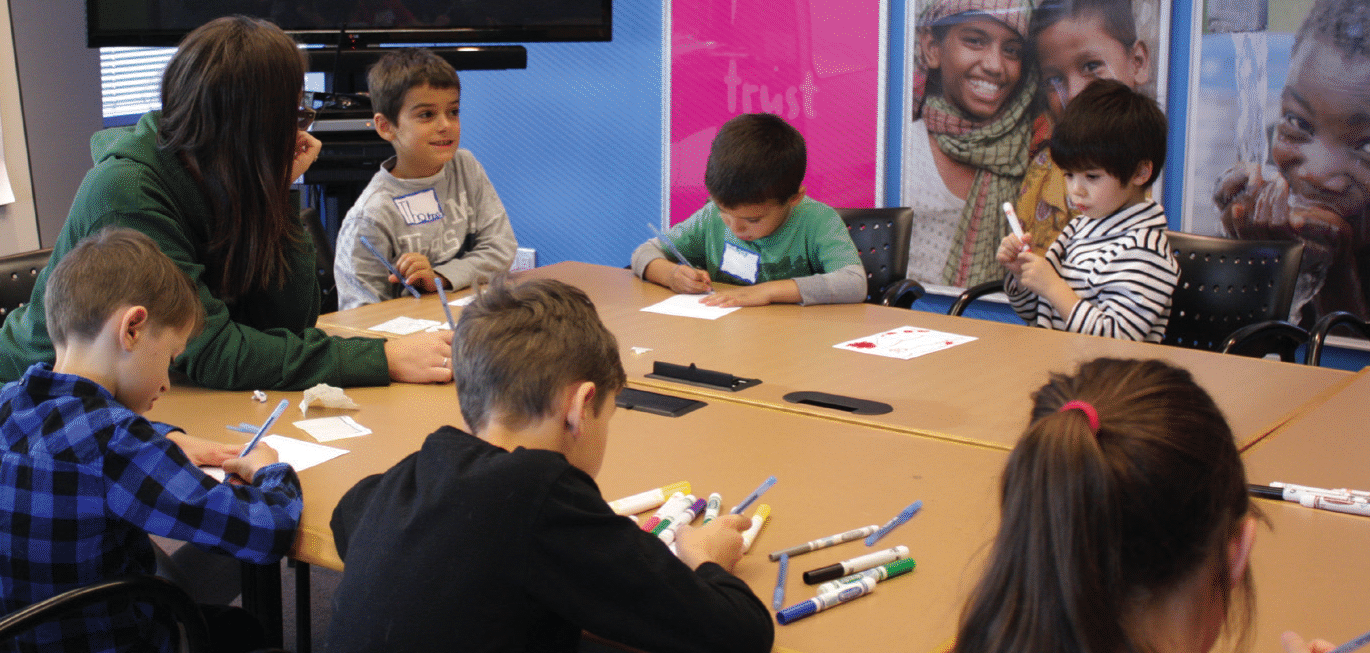
Youth drop-ins on the rise: Program types and their strengths
This study highlights the effectiveness of youth drop-in programs in Canada, finding them to be high-quality spaces that promote well-being. Over 1,500 youth participants reported higher civic engagement and community resource knowledge in drop-ins compared to other programs. They also rated drop-ins favorably for diversity and safety, emphasizing their supportive environments for marginalized youth. Many participants described these programs as "life-saving," reflecting strong adult relationships and positive social norms that foster youth development.
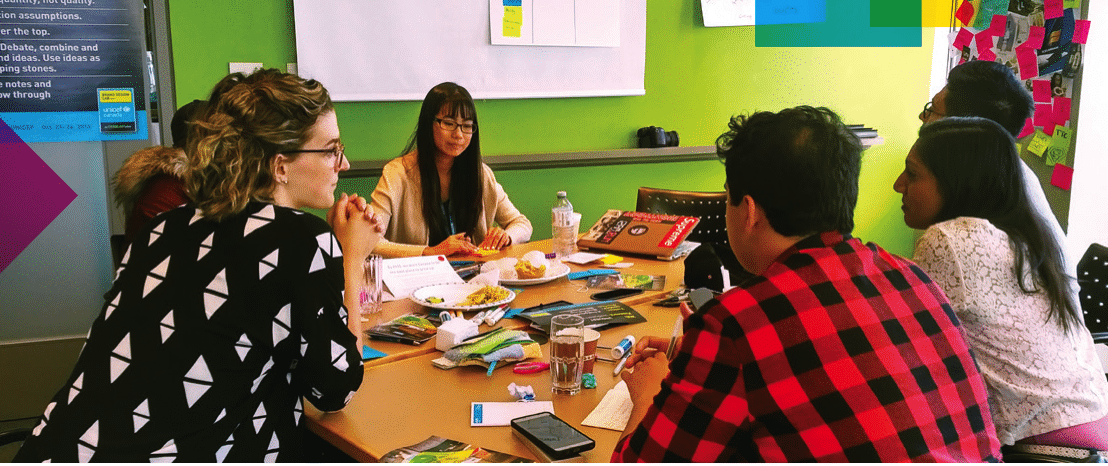
Youth-adult relationships: Does community size make a difference?
This study explores the impact of community size on youth-adult relationships in Ontario's youth programs. Analysis of over 300 youth responses indicates that those in smaller communities have stronger adult support, while youth in the Greater Toronto Area (GTA) are more likely to participate in decision-making. Despite these trends, both groups rated their partnerships with adults positively. The findings suggest that while youth in smaller communities benefit from strong support, they have slightly less influence compared to their peers in larger urban areas.
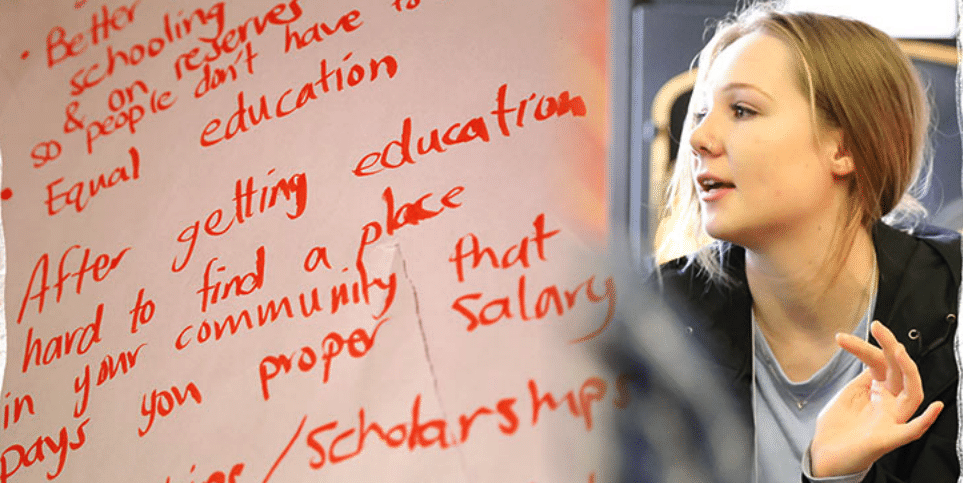
Youth to Kingston Going Forward: A Shared Agenda for an Expanded Initiative
Youth 2 Kingston (Y2K) is a collective impact project in Kingston, Ontario, that aims to enhance collaboration among youth-serving organizations in the KFL&A region. This report includes a literature review on collective impact, updated profiles of stakeholder organizations, and insights into their perceptions of Y2K. Utilizing an online survey and a focus group, the research seeks to foster engagement and develop a shared vision for Y2K’s future initiatives.
Models

National Youth Policy
The #CanadaWeWant envisions a country that empowers youth to express their voices and engage in shaping policies. The proposed Youth Policy aims to embody an inclusive process, emphasizing ongoing dialogue with young people. Grounded in principles of responsibility, compassion, inclusion, and honesty, the policy seeks to address social issues, including structural racism and environmental injustices. By investing in youth, Canada can foster a more equitable future for generations to come.
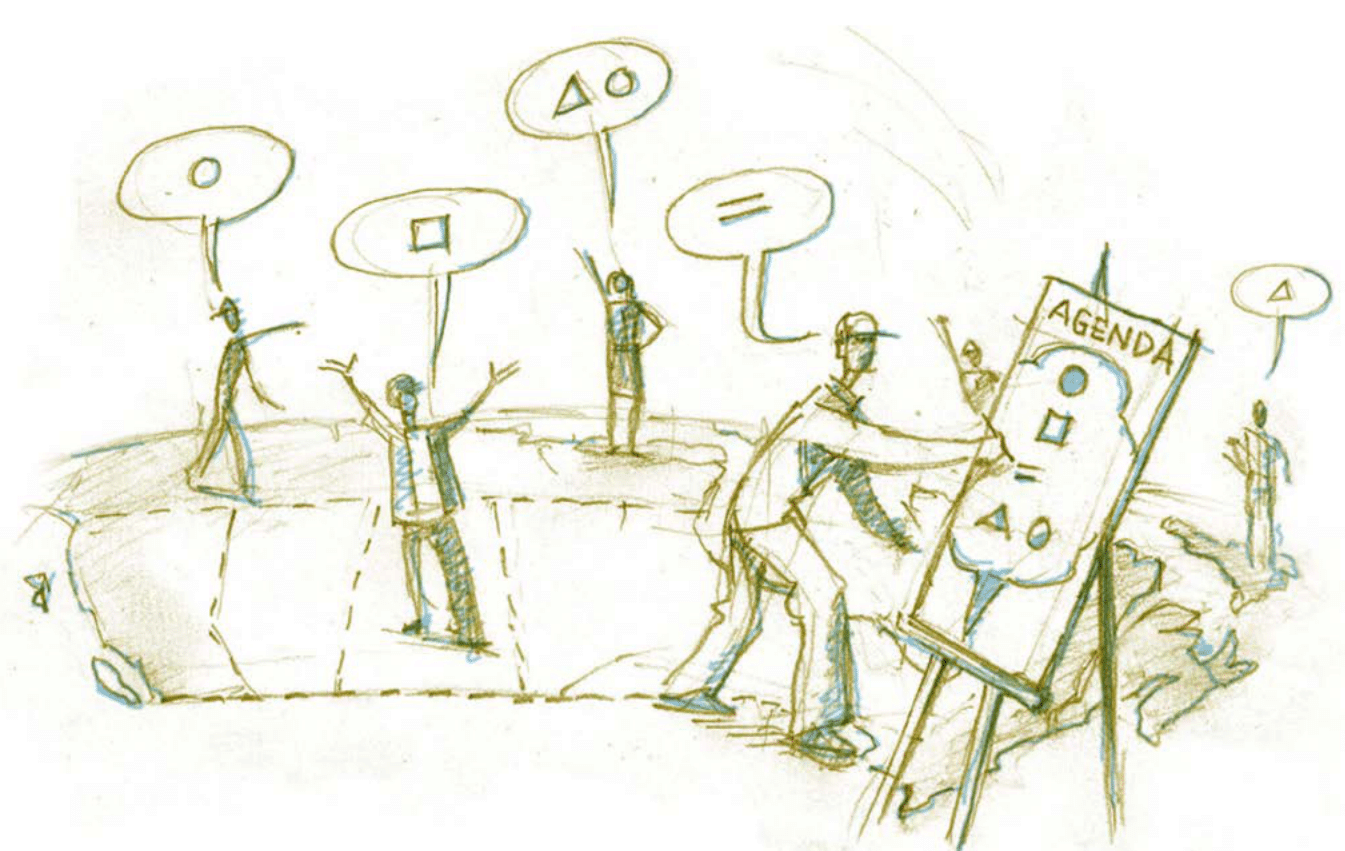
Youth Engagement in Policy
This document presents a model for youth engagement in public policy and program development, focusing on incorporating youth experiences into research and recommendations. Based on pilot projects from the Public Health Agency of Canada and expertise from The Students Commission of Canada, it provides a framework for single-event engagements. Validated through partnerships with Ontario and Saskatchewan, the toolkit emphasizes the role of experienced facilitators and the importance of hands-on experience in effective youth engagement. The Knowledge in Action Model highlights that closer involvement in knowledge generation improves uptake and understanding of engagement practices.

Envisioning Better Care for Youth
The Residential Services Youth Panel is a collaborative project involving 12 young individuals aged 18-25 from Ontario who have experienced the residential care system. Since December 2016, the panel has been working closely with the Ministry of Children and Youth Services (MCYS) to provide valuable insights for a blueprint aimed at reforming residential services. The primary goal is to achieve #FundamentalChange for youth in care and related facilities. Supported by organizations like OPACY and The Students Commission of Canada, the panel fosters meaningful connections with MCYS staff, ensuring that their lived experiences contribute to creating a better system for future generations.